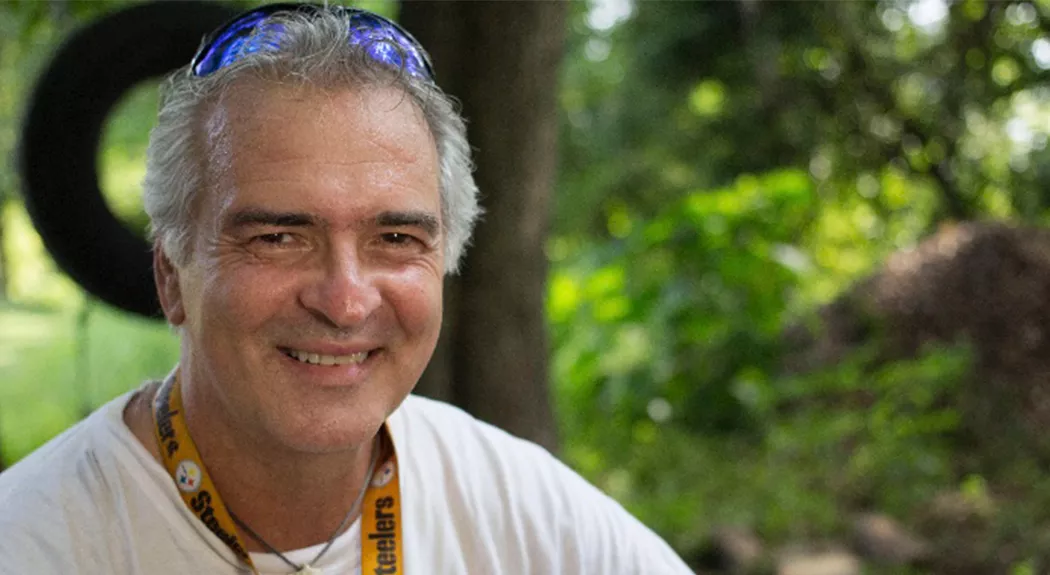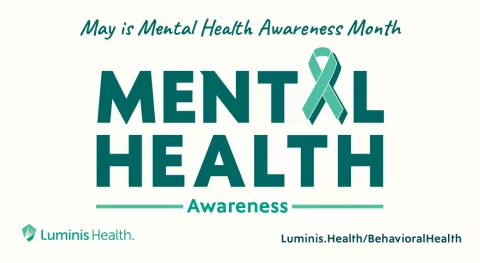by Luminis Health

Remember when you used to play on the playground as a child? Going to the playground didn’t only mean you were going to play, it meant you were going to laugh, run around, scream, fall, probably cry a little bit, just to get back up and keep laughing and running without a care in the world. It was the best thing ever. What we didn’t realize as children is that a lot more was happening. Not only were we having a great time while our parents were not watching our every step, we were also getting physically, mentally, emotionally and cognitively stronger.
A playground should be thought of as an “opportunity ground.” Recent research attests to the fact that play is an essential tool in a child’s development. Actually, play is so significant to optimal child development that it has been recognized by the United Nations High Commission for Human Rights as a right of every child.
Outdoor free play gives kids invaluable benefits. But not just children – everyone really. As the adventure therapy coordinator at Pathways, Anne Arundel Medical Center’s (AAMC) substance use and co-occurring disorder treatment facility, I’ve witnessed how adventure and play can help, even with individuals who are fighting the very serious issues of addiction and substance abuse.
READ MORE: What do Healthy Minds Need?
Adventure therapy allows folks to see that they can do something they deemed as impossible. We try to convey the lessons learned during therapy in their day-to-day lives, showing them how to trust themselves and trust others – even when those “others” are people like them going through rehabilitation.
Play is an opportunity for children to use their creativity while developing other crucial life skills, according to research by the American Academy of Pediatrics. Here are some of the many benefits your child attains when playing:
Physical. For children, it’s just fun to run and jump around. But research shows active play is critical for a child’s physical development. When kids are playing, they are honing their coordination, balance, space awareness and fine- and gross-motor skills. Physically active kids also tend to be leaner and healthier. In addition, physical play uses up natural stores of energy, which leads to better eating and sleeping habits – which also means better sleep for parents! Double win.
Emotional. Play can be an emotional outlet, acting as therapy for some children who might be emotionally distressed from a traumatic situation. Research shows that play helps children release and “play out” their current emotional state – from fear, frustration, anger and aggression – all while teaching them how to express and regulate feelings. It’s also a chance for them to practice empathy and understanding.
Social. By playing with others, children learn how to create and maintain friendships. Cooperative play helps kids sharpen their social skills while learning how to negotiate group dynamics. It gives them the opportunity to learn how to collaborate and cooperate with others, recognize and respond to different feelings, share, show kindness, resolve conflicts and follow the rules. Plus, social skills also support academic success.
Cognitive. The most crucial time for a child’s brain development is from birth to age three, when the brain is developing at the fastest rate in a child’s lifetime. During this time, their brains are like sponges, quickly absorbing learning skills, like paying attention, reasoning, remembering what they’ve learned and motor skills. Play with your child to stimulate brain development and reinforce these skills! Choose brain-teasers, puzzles and strategy-based games to help strengthen their critical thinking skills.
Creative. Creativity will continue to serve kids throughout their lives. Play is a chance for kids to let loose their imaginations and create their own worlds, giving them the freedom to explore new possibilities and think outside the box.
Communication. By listening, observing and sometimes noticing subtle clues, such as body language or facial expressions, they’re developing this skill. Pretend play comes in handy for communication development and literacy. Role-play is also a chance to use words kids have heard from adults and other kids, improving their vocabulary.
The list could go on and on. It’s not all about just fun and games, play is really an important teaching tool that can lead to developing necessary skills for the rest of a child’s life. Next time you’re out with your child or at home, join them. The benefits of play apply to everyone.
Mark Sakraida is the adventure therapy coordinator at Pathways, AAMC’s substance use and co-occurring disorder treatment facility.
Ask questions, find resources and learn more at askAAMC.org/HealthyMinds.



